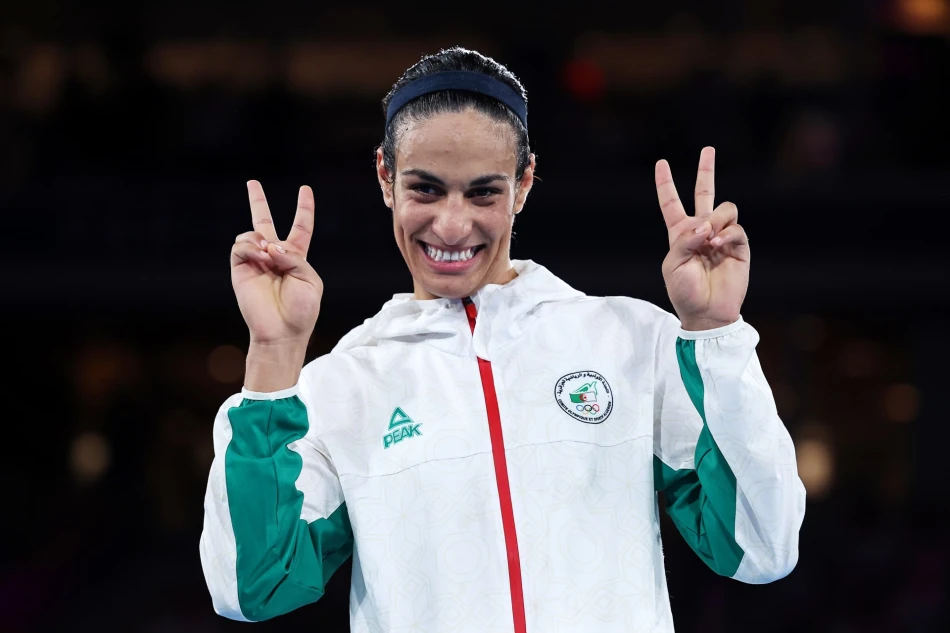
Boxer Eman Khalifa Appeals World Boxing Federation's Decision
Olympic Champion Khelif Challenges Boxing Federation's Gender Testing Mandate in Landmark Sports Arbitration Case
Algerian Olympic boxing champion Imane Khelif has filed an appeal with the Court of Arbitration for Sport (CAS) challenging the World Boxing Association's requirement that she undergo genetic gender testing before competing in future tournaments. The case, submitted in August 2025, highlights growing tensions over gender verification policies in international sports and could set precedent for how athletic federations handle eligibility disputes.
The Core Dispute: Mandatory Testing vs. Athlete Rights
The World Boxing Association has implemented a blanket policy requiring all boxers to undergo mandatory gender determination tests before participating in official competitions. Khelif's legal challenge specifically targets the federation's decision barring her from the Boxing Cup in Eindhoven and all future global boxing events until she complies with genetic testing requirements.
The appeal, filed on August 5, 2025, seeks to overturn the boxing federation's ruling and secure Khelif's eligibility for the 2025 World Boxing Championship scheduled for September 4-14, without requiring preliminary genetic testing.
CAS Rejects Interim Relief
The Court of Arbitration for Sport denied Khelif's request for an emergency suspension of the World Boxing Association's decision on September 1, 2025. This means the testing requirement remains in effect while the case proceeds through formal arbitration channels. Both parties are currently exchanging written briefs, with a hearing date to be determined by mutual agreement.
Broader Implications for International Sports
This case emerges against a backdrop of intensifying debates over gender verification in competitive athletics. Similar controversies have erupted across multiple sports federations, from swimming to track and field, as organizations grapple with balancing competitive fairness concerns against athlete privacy rights.
The boxing federation's mandatory testing policy represents a more aggressive approach compared to other international sports bodies, which typically implement case-by-case reviews rather than blanket requirements. This could signal a broader shift toward more stringent gender verification protocols across Olympic sports.
Precedent-Setting Potential
The outcome of Khelif's appeal could establish important legal precedents for how sports arbitration courts balance federation autonomy against individual athlete rights. A ruling in Khelif's favor might constrain other international federations from implementing similar mandatory testing policies, while a decision supporting the boxing association could encourage more aggressive verification requirements across Olympic sports.
Market and Governance Impact
For sports governance, this case tests the limits of federation authority in establishing eligibility criteria. International Olympic Committee guidelines have historically favored less invasive approaches to gender verification, creating potential conflicts between individual sport federations and broader Olympic policies.
The confidential nature of CAS proceedings, while standard practice, adds uncertainty for other athletes facing similar situations. The eventual ruling could influence policy decisions across multiple international federations currently reviewing their own gender verification protocols.
The arbitration process is expected to conclude before major 2026 international competitions, making this a closely watched case for both legal and sporting communities worldwide.
Most Viewed News

 Sara Khaled
Sara Khaled






